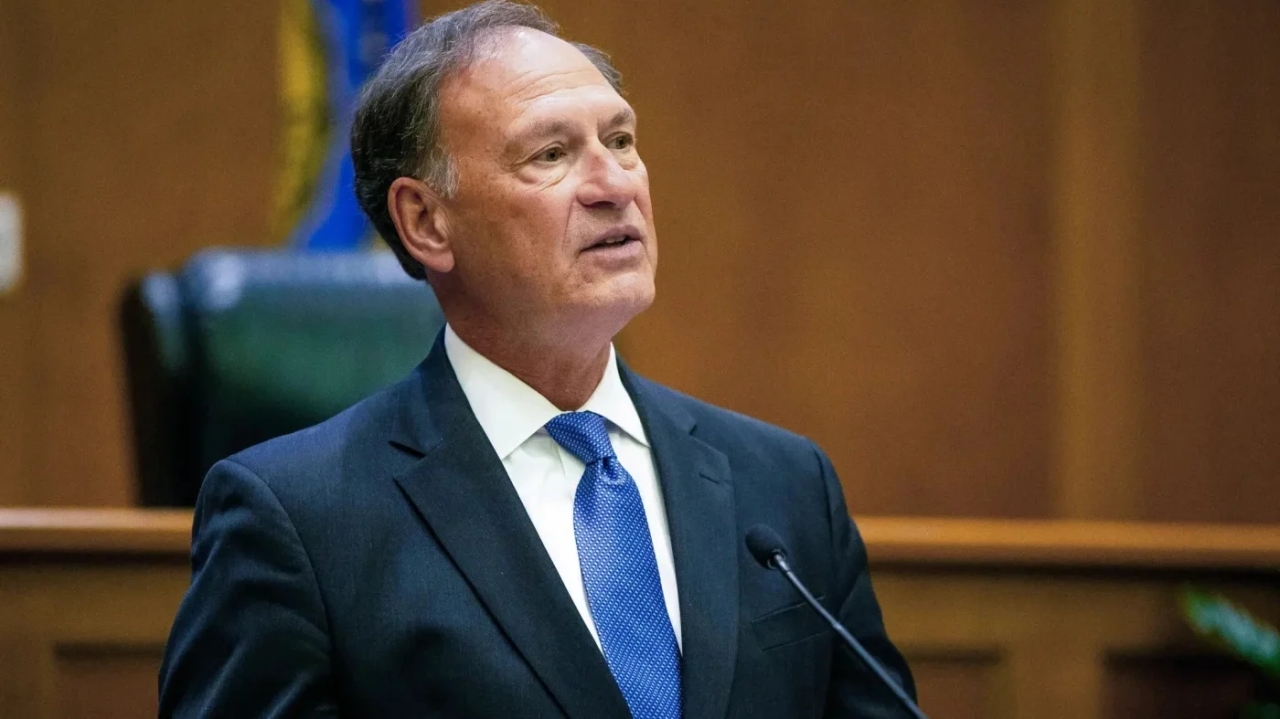Justice Samuel Alito said in an interview that Congress does not have the authority to regulate the Supreme Court, pushing back against Democratic efforts to mandate stronger ethics rules for the justices. Alito argued that the Constitution does not give Congress the power to regulate the Supreme Court. While Chief Justice John Roberts has also questioned Congress’s ability to act, he was not as definitive as Alito. Some Democrats rejected Alito’s reasoning, arguing that the Supreme Court should be subject to checks and balances. The ethics push comes after recent revelations about undisclosed trips and other ethics issues involving several Supreme Court justices.



https://en.m.wikipedia.org/wiki/Ex_parte_McCardle
That’s not what’s happening here at all, this is not a case of a law congress proscribed the supreme court from ruling on, that’s a case of congress taking away appellate jurisdiction from the supreme court for a particular case, which it can do. You said congress can pass laws that the supreme court can’t review and has done it before, do you have an example?
Using the same process, Congress could strip appellate jurisdiction from the SCOTUS in any case that involves a particular law. Which includes a law that they just passed.
The key is that when the SCOTUS reviews laws, it is nearly always exercising its power of appellate jurisdiction, not original jurisdiction. And the Constitution allows Congress to impose whatever regulations it wants over appellate jurisdiction. So if the SCOTUS isn’t allowed to hear cases involving a law, then it can’t strike down that law.
I seriously doubt that Congress can create a law that infringes on the First Amendment and simultaneously strip all federal courts of their jurisdiction to review that law.
If that were the case, then simple majorities in Congress and a Presidential signature would be enough to effectively override the Constitution. That’s far easier than an amendment.
First of all, nothing in the Constitution gives courts the power of judicial review. They sort of made up that power all by themselves.
Regardless, if Congress decided to regulate the SCOTUS then they would most likely strip jurisdiction only from the SCOTUS itself, not from all federal courts. This is also how it was done in the past. The SCOTUS basically conceded that as long as some judge still had the power of judicial review, then Congress could remove the SCOTUS itself from the process.
Which means that the DC Circuit Court would make a final, non-appealable decision on whether the Constitution allows their colleagues in the SCOTUS to be bound by ethics laws - just as they are.